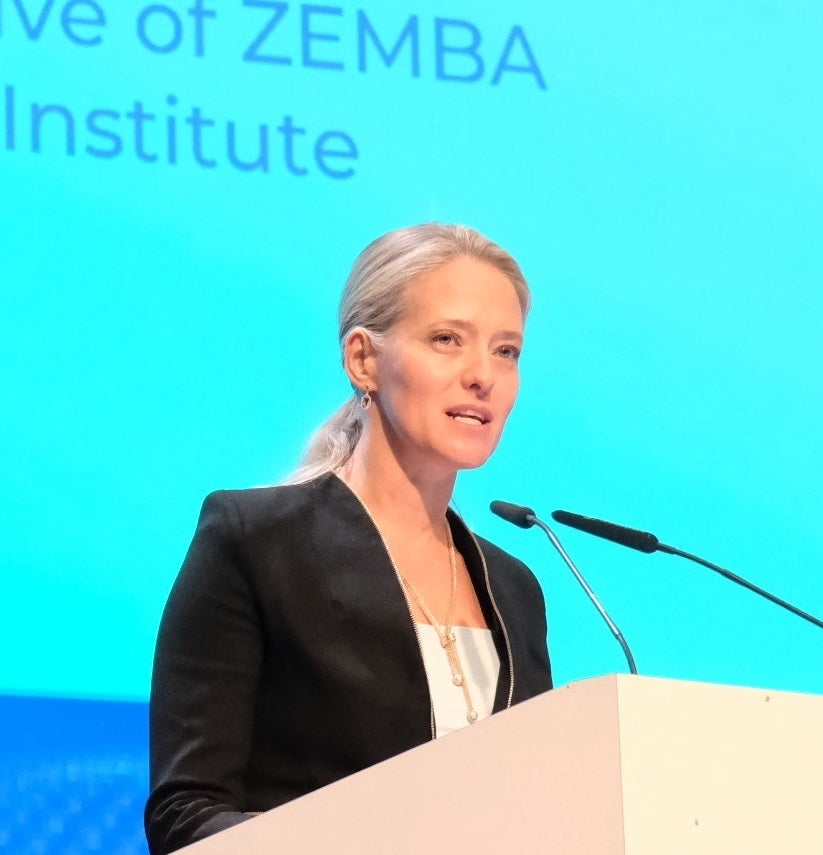ABOUT
Overview and Program Mission
The Energy and Environment Program (EEP) addresses critical energy, environmental, and climate change issues through non-partisan, non-ideological convening, with the specific intent of bringing together diverse stakeholders to improve the process and progress of policy-level dialogue. This enables EEP to sit at a critical intersection in the conversation and bring together diverse groups of expert stakeholders.
In addition to energy and environmental policy, which the program has been addressing for several decades, EEP is now actively and purposefully engaging in climate change policy – mitigating the effects of climate change, adapting to the inevitable impacts of climate change, and helping to build relationships for cooperation needed to achieve these goals amongst people and nations.
Program Story
The most difficult conversation to have is the one between nature and human civilization. The Aspen Institute Energy and Environment Program (EEP) was created in response to two early crises in this conversation. The first was the environmental crisis of the 1960s that gave rise to the environmental movement, the US Environmental Protection Agency, and the UN-Environment Program. American rivers were so contaminated they burst into flames, smog-filled skies covered Los Angeles, and the bald eagle was on the verge of extinction. The second crisis we faced was the energy crisis of the early 1970s which led to the creation of the US Department of Energy and a series of energy security legislation. Price controls, rationing, and a national speed limit were imposed as the effects of the energy crisis lingered for years.
Originally named the Aspen Institute Program on Environment and Quality of Life, the Program held its first dialogues on the environment in 1970 and the first energy forum in 1977. The realities of population growth, natural resource depletion, and environmental pollution provided the catalyst for constructive dialogue then, but the same complex challenges persist today. These challenges are further complicated by competing ideologies and divisions between environmental organizations and industry, state and federal government, and within communities as they strive for economic development. At a time when people are becoming increasingly distrustful of basic institutions and fragmented around facts, values, and identity, society is faced with solving the greatest challenge that no one prepared for – climate change.
The Energy and Environment Program is well positioned to work toward a society in which policies, governance systems, and institutions work together to support the wellbeing of both nature and society. By convening these difficult conversations and bringing together diverse participants and perspectives, EEP explores and inspires new ideas and action to advance sustainability, security, and equity around the world.





























